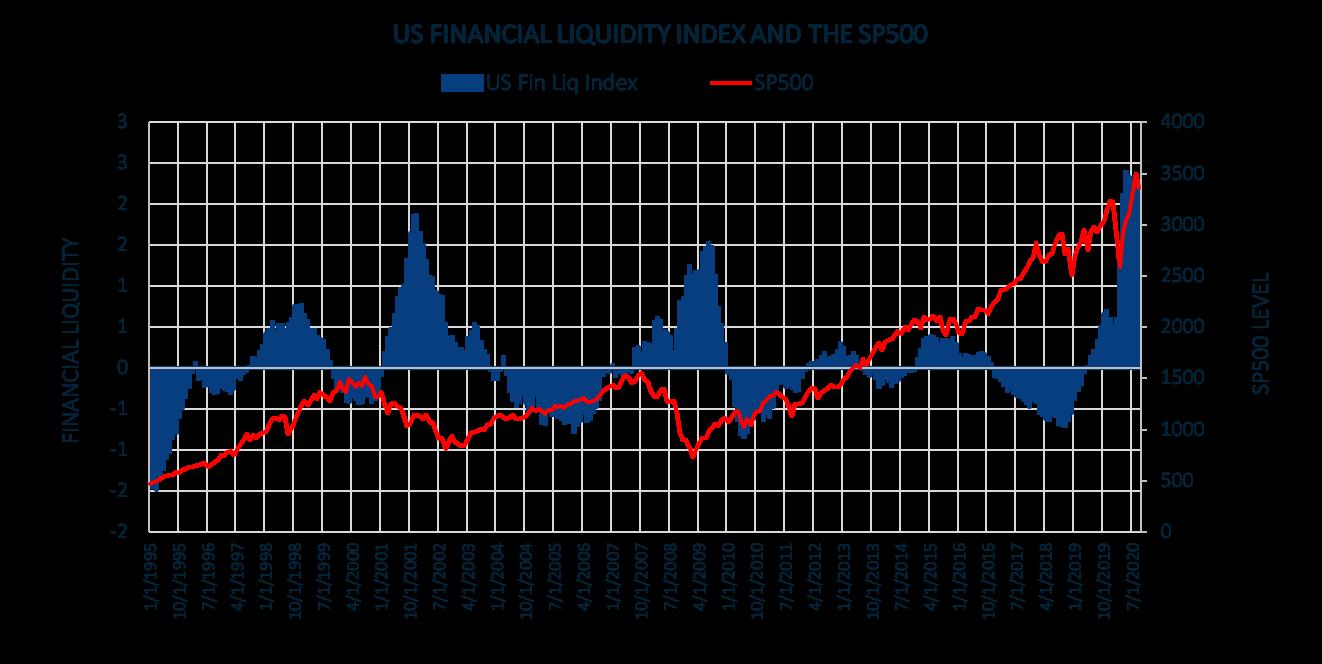
3 minute read
Why every well-managed portfolio should have an allocation to structured notes
The coronavirus pandemic ended the bull market in global equities, while introducing a new world of uncertainty for investors. Uncertainty is and will always be there – it’s often forgotten about when markets are calm, but there are consequences if investors are not prepared. One of the options is to use structured products in your client’s portfolios.
For several years, there has been an increasing demand for structured products across the globe and in South Africa – this is no different. “I think this is a function of education and awareness, as well as a sign of the maturity of a particular market, and ease of access as technology enables this product set,” says Ryan Sydow, Head: Index and Structured solutions at Absa.
“We work with a Chicago-based structured product fintech. Its president refers to structured products as ‘the biggest market you’ve never heard about’. This is a light-hearted comment about the fact that, while the structured product market is big and growing, it’s largely unknown to investment professionals and investors alike. These products could and should be used more broadly than they are at present – even in developed markets.”
A structured product is usually a combination of an interest rate or fixed-income-linked asset, plus one or more financial derivatives, all combined into a single bank-issued note and, according to Sydow, is meant to “complement a linear portfolio with a non-linear (or structured) exposure. “The nomenclature has evolved over time, but the key is in the word ‘structured’ – it might be about investors wanting to protect or structure their downside risk, or perhaps they want to gear on the upside as well, forgoing some protection given their views or how the rest of their portfolio is positioned.”
Structured products come with a term involved, typically three or more years, and they have a different profile to actively managed funds. “Active managers are paid to stock pick, market time and, you could argue, to manage allocations to get the best risk reward possible given their mandate. There is rarely any explicit protection offered by active managers, but there are obviously efforts going on all the time to try and mitigate drawdowns and avoid crystallising losses in those portfolios. A structured product brings explicit protection or defined risk and return, whereas active and index based strategies like ETFs don’t.”
Sydow believes that every well-managed portfolio should have an allocation to structured notes. “Typical in a balanced portfolio are bonds, money market instruments, international equities and domestic equities. What we say is simply take a sliver of each of your riskier assets (equities, commodities, etc) and put a structured payoff/note referencing some asset class alongside your current holdings. They give you another lever to pull in a portfolio when your core long assets do not perform.”
Aside from market risk, credit risk of the issuer is another important element to consider when investing in structured products. It’s important to check the investment-grade status of the bank issuing the note. The better the bank’s rating, the less likely it is that the institution will default on its obligations. Sydow adds that investors also need to then look beyond simply the organisation, and into what type of paper is being issued within that firm.
“Most issuers will use what they call senior unsecured issuance paper, and that means in the case of a default, you’re near the front of the queue for some money back.” However, some issuers will use what they call subordinated debt, which puts you near the back with equity holders if the issuer defaults. People must be very clear on what they are buying and under what conditions repayment of capital and return could be impacted.”
Absa’s range of structured products includes the Global Fixed Return and Growth Protector, the Global Growth Basket, as well as a range of hard currency notes that can be structured on a bespoke basis for as little as $250 000 per note. For more information, go to www.absa.co.za/ss or email them on aiss@absa.co.za.

Ryan Sydow, Head: Index and Structured Solutions, Absa










